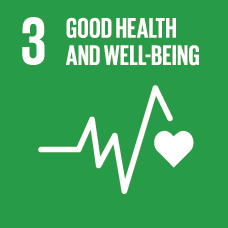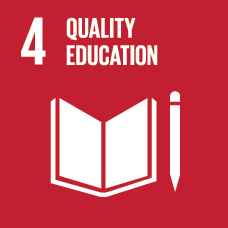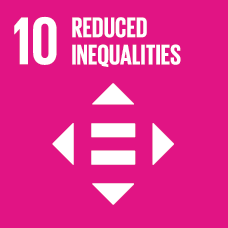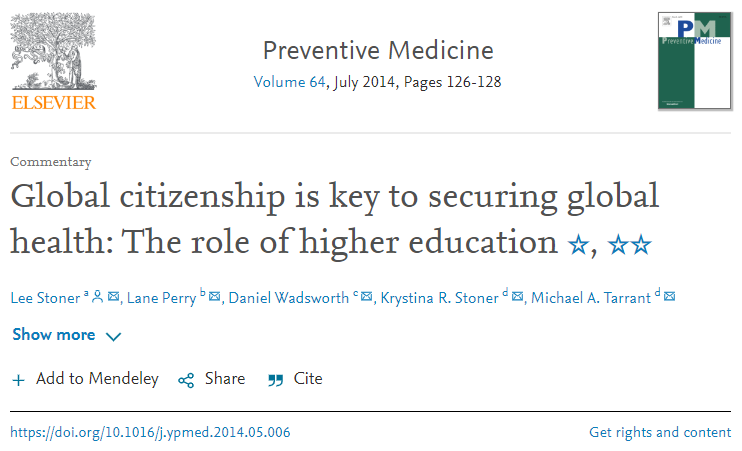Addressing SDG 3: Good health and well-being
 Lecturer: Carol Condon
Lecturer: Carol Condon
Department: School of Nursing & Midwifery, College of Medicine and Health Studies.
Objectives
Brief discussion on Target 3.
Fostering global citizens in SONM.
How SDGs have informed my teaching with students in the area of health and well –being.
Reflection.
1. Brief discussion on SDG 3.
SDG 3 – Good health and wellbeing.
Sustainable Development Goal (SDG) 3 aims to “ensure healthy lives and promote well–being for all at all ages” (United Nations 2016).
A very broad statement, not much direction of how best to achieve this (Seidman 2017).
Does not provide a comprehensive approach to prevent, diagnose, treat, and manage any disease (Seidman 2017).
Left to us to find ways to achieve this target.
If people were empowered to do more such as avoid poor lifestyle choices like physical inactivity and unhealthy eating habits the incidence of NCD would be less (Stoner et al 2014).
2. Fostering global citizens in SONM.
Non-communicable diseases are growing despite all the knowledge we have of how unhealthy lifestyle choice impact on NCDs (Stoner et al 2014).
The situation is bigger than the individual and requires a whole system approach. Different Countries have different priorities.
As health professionals the way we address lifestyle has to change from a “you must… you should” perspective to a helping and guiding and supporting role where there is a partnership.
Nurses have a unique role in this partnership but lack the skills.
3. How SDGs have informed my teaching with students in the area of health and well –being.
To develop a transformative global citizen there is a need to show the student an alternative lens in the learning experience (Stoner et al 2014).
Transformative learning is only as good as the critical reflection which accompanies it (Dewey 1938, Kolb 1984).
I had an opportunity to do this in relation to lifestyle change for NCD.
Making every contact count (MECC) (https://www.hse.ie/eng/about/who/healthwellbeing/making-every-contact-count/training-programme/).
I adopted Thornton’s (2013) pedagogical approach, known as the three Ds:
- Directing
- Discussing
- Delegating
4. Reflection.
Making every contact count.
Directed students to the programme outlining what to do, how to do it and when it has to be done by.
Discussed the challenges in tackling behaviour change, addressing biases and preconceived notions about behaviour change.
Delegated the discussion and challenging questions to the group to explore and encourage reflection (work in progress).



Documents
Slide presentation: Addressing SDG 3: Good health and well-being
Condon, Carol_case-study-Praxis (PDF opens in a new tab/window)
Biography
Registered General Nurse since 1987, Graduated with a Bachelor of nursing Science from University College Dublin 1998MSc by research form University College Cork 2002 Nurse Fellow of European Cardiology Society.
Research interests: Primary and secondary prevention of cardiovascular disease, Integrated care pathways for chronic disease, Simulation and diversity.
The Centre for Global Development
Copyright. All rights reserved. Praxis UCC

